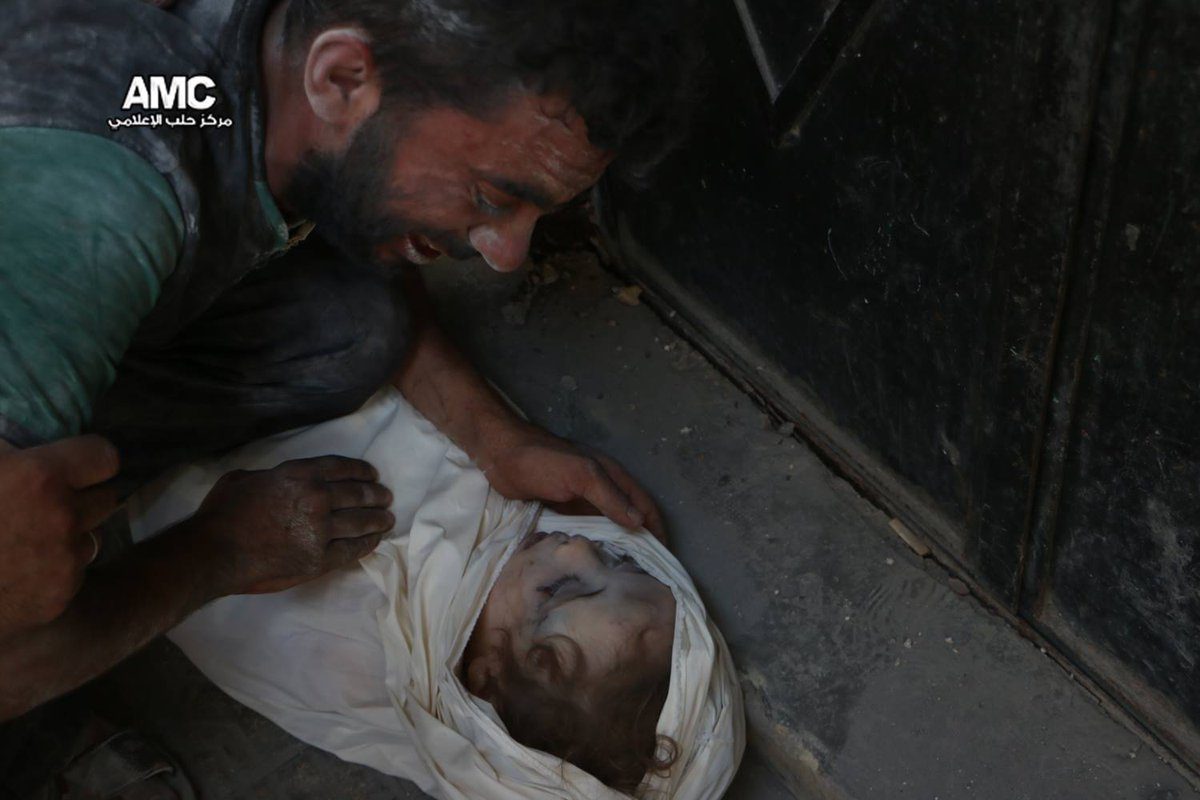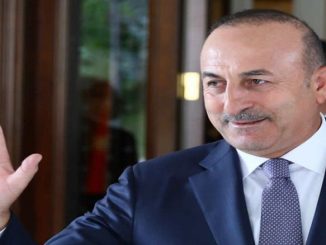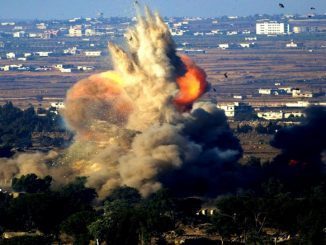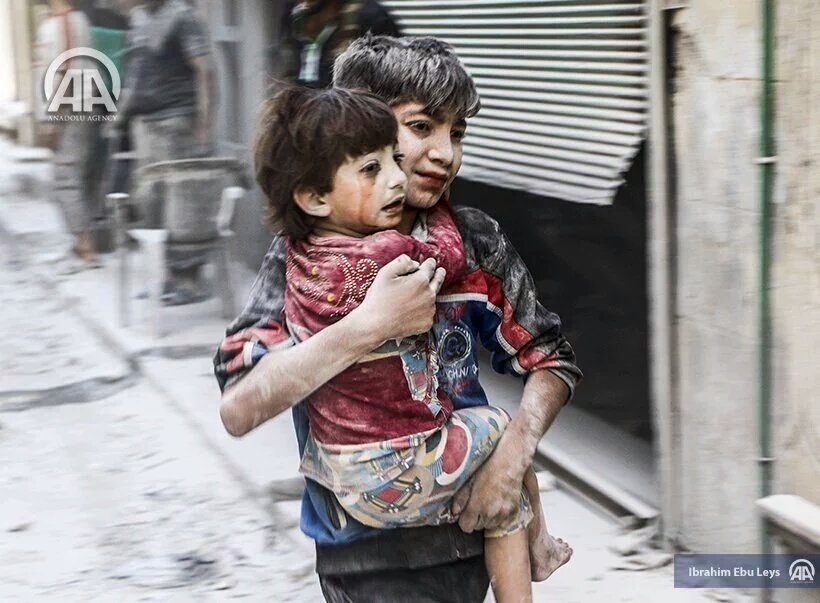
The Free Syrian Army’s (FSA) push to break the government siege of the city brought relieve to civilians in the city, while others say it has made a terrible life more terror-filled for many of those left in the city.
Rebel fighters have pressed from the east into government-held areas of Aleppo to the west, on Saturday opening supply routes and cutting off forces loyal to Assad, who in turn has launched a fierce counter-offensives and increased bombing on rebel-held areas and frontlines.
Jamana al-Ahmed turns her tap and nothing comes out. She flicks the light switch and remains in darkness. She hides in her makeshift home in central Aleppo from bombs and patrols of shabiha – the feared pro-government paramilitary force – who seek out and abduct those they suspect of collaboration with rebels.
For Ahmed, too fearful to disclose her exact location in the city, there is little to do but cling to survival.
“The security situation has been awful since the FSA launched their all-out campaign [at the start of the month],” she said.
“The shabiha have been harassing civilians here – they are suspicious because the FSA was able to advance very quickly throughout much of Aleppo.
“I’ve heard that female students have been abducted around the university, and houses have been looted after the residents fled due to the heavy bombing and fighting.
“In the east, there is almost daily bombing of Nile Street and al-Suleymania, as well as Hamdaniya which the FSA have been attacking in recent days. Civilians are getting killed every day – but people haven’t been taking the right precautions when the fighting comes. They gather in public places and streets to watch the warplanes in the sky as they drop their bombs!”
Ahmed said life for her and her four children was growing ever harder.
“After the siege was lifted from eastern areas of the city, and the rebels seized control of large areas of Ramousa Road, a key supply route to the city, there was immediately a huge increase in the prices of staple goods and fuel in western areas of the city that are still under government control,” she said.
“We used to have electricity for 10 hours a day, but this dropped the day after the rebel advance to five hours. Even though there are diesel stocks to last at least a month!
“Water services have basically been non-existent for the past two weeks – when the taps run it’s for very short periods, two hours at most. Electricity cuts also mean we can’t get water, because it comes from pumps that supply the whole city.”
Medical services were also full to bursting as the injured arrived from the frontlines.
“There have been lots of ambulances going in and out of the military security building close to where we have been staying,” Ahmed said. “A friend of mine lives close to the university hospital, and she says she has there have been huge numbers of injuries and deaths since the battles began.”
A separate source told Middle East Eye that at least 100 corpses had passed through the hospital in the last three days of the battle, which continued to rage across the city on Monday.



